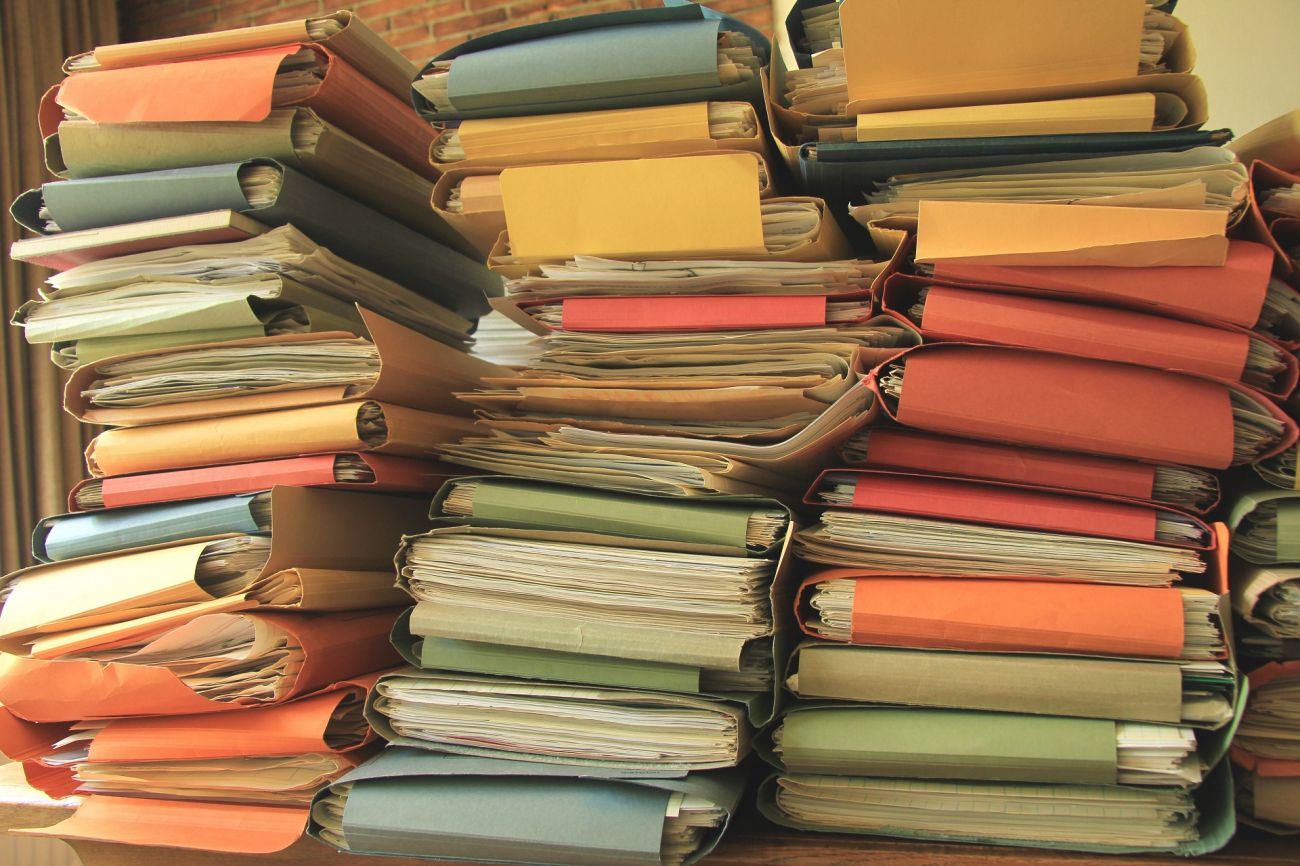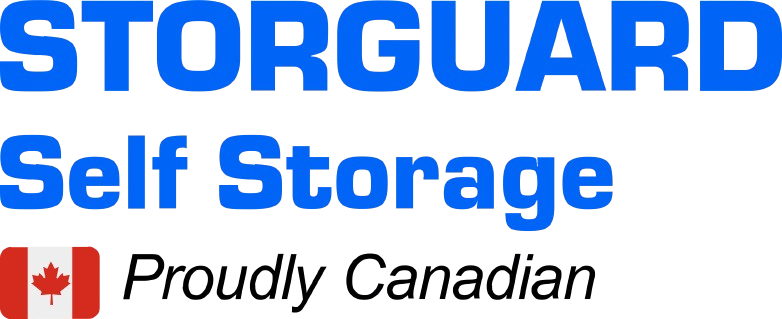Storing old tax documents - what to keep and how long to keep it.
—
May 22nd, 2022

It’s safe to say that tax time is no fun, and after filing is over it’s a relief to be able to pack it up and put it into storage to get it out of sight. Trouble is, we actually have to save our past tax forms and supporting documents for some time afterwards. For some of us, that can add up to a lot of paperwork! So, in the interest of managing your home office storage and keeping the paperwork to a legal minimum, here’s what you need to keep, and how long you need to keep it for.
Question:
What do I need to keep when it comes to taxes?
Answer:
In short, you must keep records of all of your income and expenses, including receipts, invoices, salaries, wages, T4 slips, T5 slips, RL slips, etc. Amounts that are carried forward like capital losses, charitable contributions and education expenses need to be kept. And receipts for deductions including medical and childcare need to be as well. Find all the nitty gritty here.
Question:
How long do I need to keep my tax information?
Answer:
Revenue Canada requires you to keep your tax records plus supporting documents for 6 years from the end of the last tax year (or if you’re late, from the time you file). The tax year for individuals is the calendar year. For corporations, it’s the fiscal period. For trusts, it varies and you can find more information about that here.
There are exceptions requiring a different amount of time, like instances of long-term acquisitions and disposal of property; when a corporation is dissolved; or if you are the legal representative of a deceased taxpayer. You can read the full list of exceptions here.We hope this helps. Remember, if you find your home office storage overtaking parts of your house, storage lockers offer a safe alternative for managing the overflow.
Storguard has several locations to serve you across metro Vancouver. Call us today and we’ll help you get what you need.
Blog
